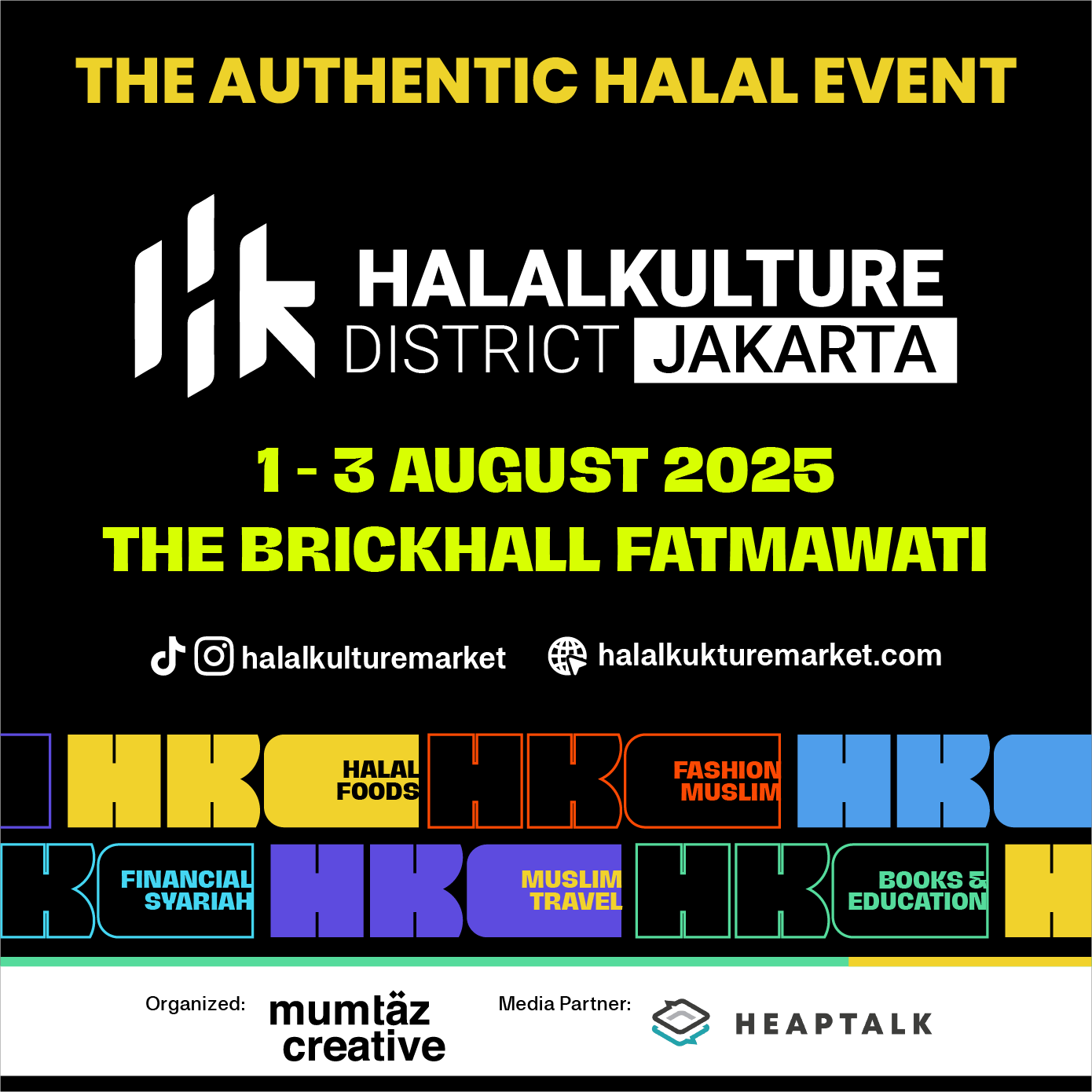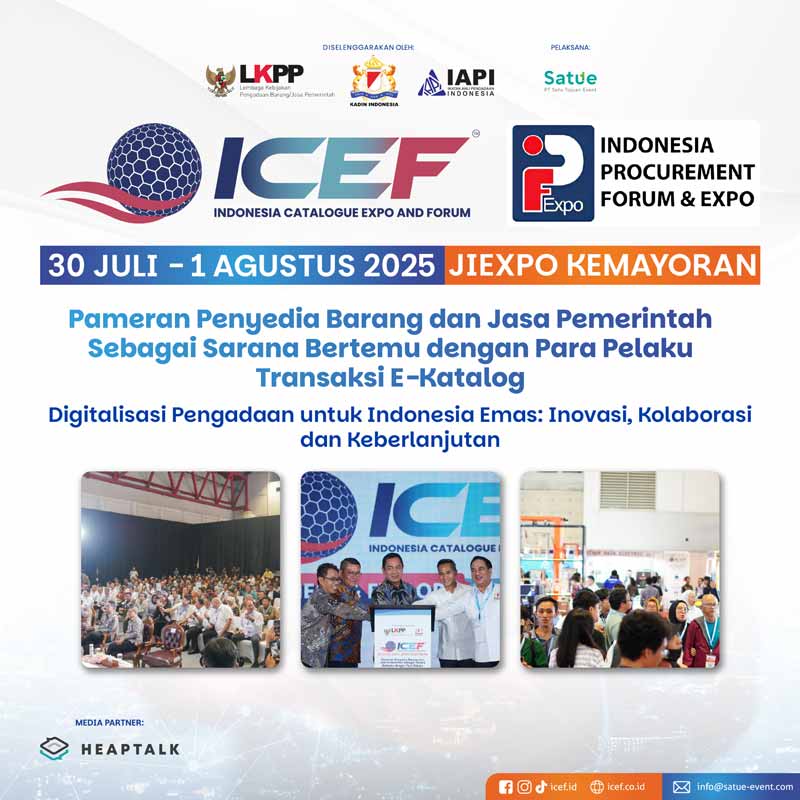The subnational action plan for SDGs is a five-year work plan document for multiple activities that directly and indirectly support national and regional targets.
Heaptalk, Jakarta — The East Kutai Regency Government through the Regional Development Planning Agency (Bappeda) held a focus group discussion (FGD) to formulate a subnational action plan (RAD) as part of achieving sustainable development goals (SDGs) in East Kutai (05/08).
Taking place in Samarinda, this activity was attended by various related parties, including representatives of regional apparatus as well as a team of experts from the Archipelago Capital Center (IKN) and the SDGs of Mulawarman University. This FGD was supported by USAID Sustainable Environmental Governance Across Regions (SEGAR) who was also one of the speakers in the discussion.
In his opening remarks, the Head of Bappeda Kutai Timur Novian Noor said that the objective of holding this FGD was part of formulating a subnational action plan document for achieving the sustainable development goals of East Kutai Regency. This objective is in accordance with the mandate of Presidential Decree No. 59 of 2017 on the Implementation of the Achievement of SGDs.
Novian voiced, “This activity is part of a global and national commitment which aims to solve issues of improving inclusive development through a participatory planning and implementation process.”
Several stages to formulate a subnational action plan for SDGs
The formulation of this subnational action plan for SDGs went through several stages, spanning establishing an implementing team and working group, as well as holding the first plenary session to discuss the stages and procedures for preparing an SDGs action plan. After that, the stages continue to collect data and information, analyze the situation and challenges of implementing the SDGs, as well as identify indicative morning allocations, funding sources, and implementing agencies.
Further, Novian explained that this subnational action plan for SDGs is a five-year work plan document for the implementation of multiple activities that directly and indirectly support the achievement of national and regional targets through multi-stakeholder involvement in planning, budgeting, implementing, as well as monitoring and evaluating the SGDs program.
The subnational action plan on SDGs is an effort to improve the welfare of society which includes 17 goals, namely no poverty; zero hunger; good health and well-being; quality education; gender equity; clean water and sanitation; affordable and clean energy; decent work and economic growth; industry, innovation, and infrastructure; reduced inequalities; sustainable cities and communities; responsible consumption and production; climate actions; life below water; life on land; peace, justice, and strong institutions; partnerships for the goals.














